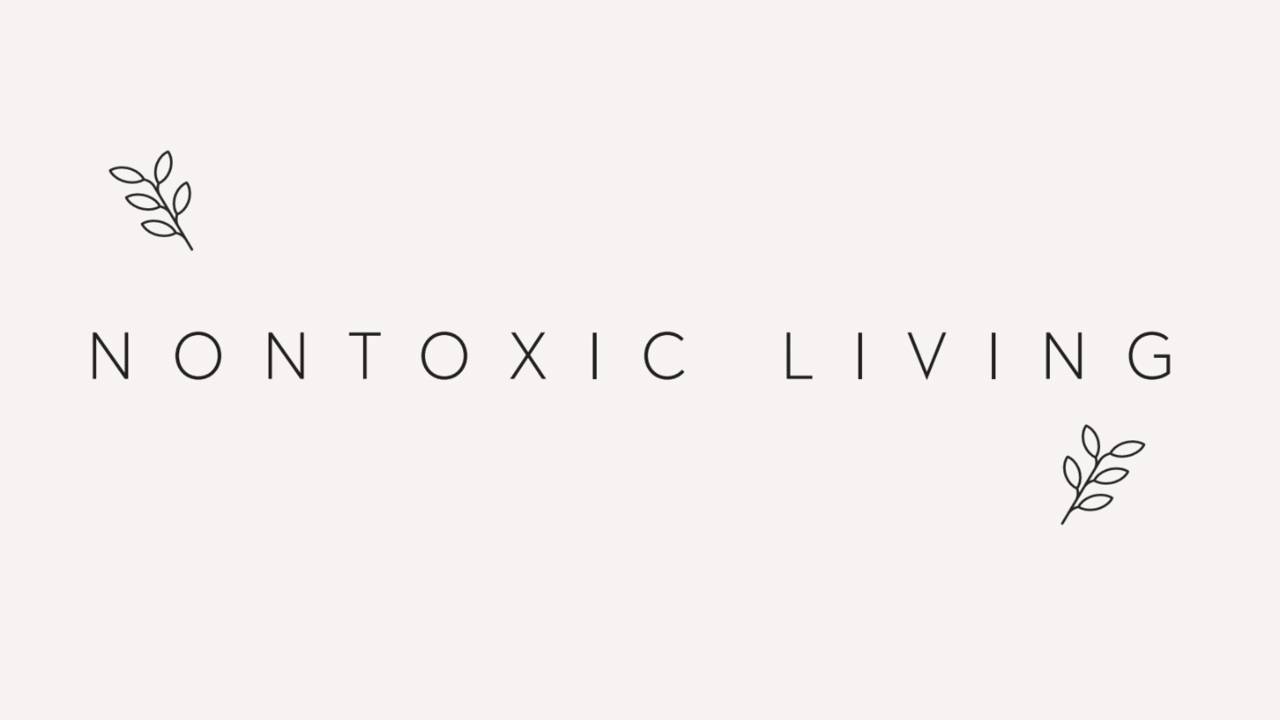In today's world, we are surrounded by toxins in our environment, food, and personal care products. These toxins can have a detrimental effect on our health, leading to various health issues such as allergies, asthma, hormonal imbalances, and even cancer. However, there are steps you can take to reduce your exposure to toxins and protect your health. Here are some practical tips:
Choose Organic Foods: Opt for organic fruits, vegetables, grains, and dairy products whenever possible. Organic foods are grown without synthetic pesticides, herbicides, and fertilizers, reducing your exposure to harmful chemicals. Look for certifications like India Organic, USDA Organic, or Jaivik Bharat to ensure the authenticity of organic products.
Avoid Processed Foods: Processed foods often contain additives, preservatives, and artificial colors and flavors that can be harmful to your health. Choose whole, unprocessed foods and cook meals from scratch to reduce your intake of these toxins.
Use Non-Toxic Cleaning Products: Many conventional cleaning products contain harsh chemicals that can be harmful to your health and the environment. Switch to natural, non-toxic cleaning products or make your own using ingredients like vinegar, baking soda, and essential oils.
Filter Your Water: Tap water can contain contaminants like chlorine, lead, and other pollutants. Use a water filter to remove these toxins and ensure you are drinking clean, safe water. Look for certified filters that meet standards like NSF/ANSI 53 and NSF/ANSI 42.
Choose Natural Personal Care Products: Many personal care products contain harmful chemicals like parabens, phthalates, and sulfates. Switch to natural, organic products that are free from these toxins. Look for certifications like COSMOS, ECOCERT, or USDA Organic on the products.
Reduce Plastic Use: Plastics can leach harmful chemicals like BPA and phthalates into your food and drinks. Use glass or stainless steel containers for food storage and avoid using plastic bottles and containers whenever possible.
Improve Indoor Air Quality: Indoor air can be more polluted than outdoor air due to the use of chemicals in cleaning products, paints, and furniture. Open windows regularly to ventilate your home and use air purifiers to remove toxins from the air.
Choose Natural Pest Control: Avoid using chemical pesticides and insecticides in your home and garden. Opt for natural pest control methods such as neem oil, diatomaceous earth, or companion planting to keep pests at bay.
Detox Your Home: Periodically detoxify your home by removing clutter, dust, and other sources of toxins. Use houseplants like spider plants, peace lilies, and aloe vera to naturally purify the air.
Practice Mindful Consumption: Be mindful of the products you buy and their impact on your health and the environment. Choose products that are eco-friendly, sustainable, and free from harmful chemicals.
By following these tips, you can reduce your exposure to toxins and create a healthier environment for yourself and your family. Remember, small changes can make a big difference in reducing your toxic load and improving your overall well-being.
#EcoFriendlyLiving #ChemicalFreeHome #ToxicFreeLifestyle #OrganicLiving #SustainableChoices #SatvicLife #BiodegradableProducts #NaturalLiving #HerbalSolutions #GreenLivingTips













0 Comments